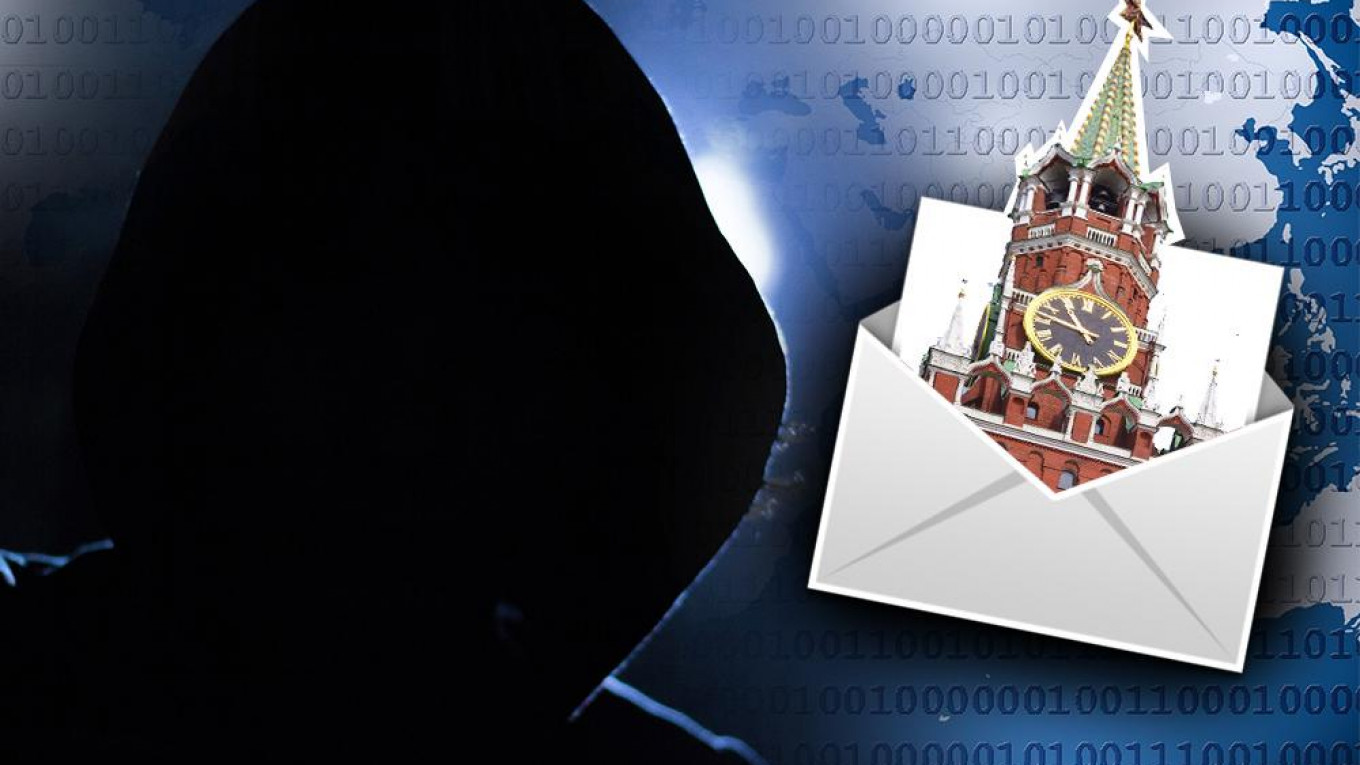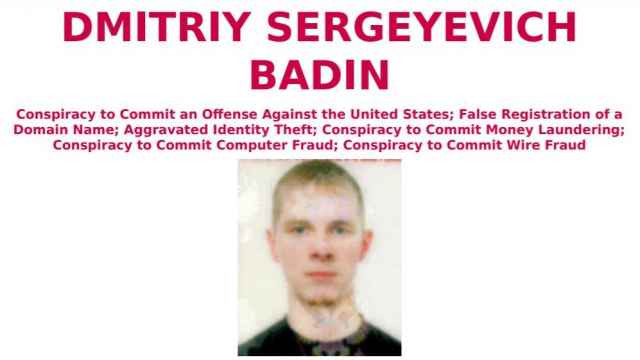The Kremlin tried to hack nearly 5,000 emails of its top targets in the United States, Russia and elsewhere, a digital “hit list” analyzed by the Associated Press news agency reveals.
U.S. lawmakers are investigating Russian interference in the 2016 presidential election, including Russian ties to Donald Trump’s campaign team.
Top Russian intelligence services, are suspected of hacking the U.S. Democratic National Committee’s (DNC) network last year. The mid-2016 leak of some 20,000 stolen DNC emails was a blow to Democratic presidential candidate Hillary Clinton.
The AP on Thursday said it obtained evidence that the Fancy Bears, a hacker group with suspected links to Russian intelligence, tried to breach 4,700 email accounts, mostly in the U.S., Russia, Georgia, and Syria, between March 2015 and May 2016.
“[The data is] a master list of individuals whom Russia would like to spy on, embarrass, discredit or silence,” Russia analyst Keir Giles is cited as saying.
Among the 573 U.S. targets, were two former state secretaries, top ex-NATO generals, employees of major defense companies or senior intelligence figures, as well as Russia watchers and both Democrats and Republicans.
In Russia, Fancy Bear targeted the emails of Kremlin foes and journalists, including exiled oligarch Mikhail Khodorkovsky and punk activist band Pussy Riot, AP reports.
The hackers also targeted some 100 civil society figures and opposition leader Alexei Navalny, according to the AP.
President Petro Poroshenko, a handful of current and former ministers and up to two dozen current and former lawmakers were targeted in Ukraine. AP reports that Fancy Bear attempted to hack into at least 545 Ukrainian email accounts.
The news agency lists hacking targets as far and wide as the Vatican's diplomat in Ukraine and an adult education center in Kazakhstan.
The AP said it identified the list of 4,700 targeted emails based on 19,000 malicious links collected by cybersecurity firm Secureworks. Hackers use the malicious links in so-called “phishing” operations to compromise its targets.
The news agency also analyzed dozens of rogue emails, interviewed more than 100 of the targets and cross-referenced the targets with lists compiled by other cybersecurity firms.
Its analysis has determined that 95 percent of the 19,000 malicious links were created during working hours in Moscow on weekdays.
The Kremlin has repeatedly denied its role in hacking DNC servers and interfering in the U.S. presidential election.
Russia security analyst Michael Kofman, who was reportedly on the Kremlin’s target list, said: “If you’re not Russia, hacking these people is a colossal waste of time."
A Message from The Moscow Times:
Dear readers,
We are facing unprecedented challenges. Russia's Prosecutor General's Office has designated The Moscow Times as an "undesirable" organization, criminalizing our work and putting our staff at risk of prosecution. This follows our earlier unjust labeling as a "foreign agent."
These actions are direct attempts to silence independent journalism in Russia. The authorities claim our work "discredits the decisions of the Russian leadership." We see things differently: we strive to provide accurate, unbiased reporting on Russia.
We, the journalists of The Moscow Times, refuse to be silenced. But to continue our work, we need your help.
Your support, no matter how small, makes a world of difference. If you can, please support us monthly starting from just $2. It's quick to set up, and every contribution makes a significant impact.
By supporting The Moscow Times, you're defending open, independent journalism in the face of repression. Thank you for standing with us.
Remind me later.






